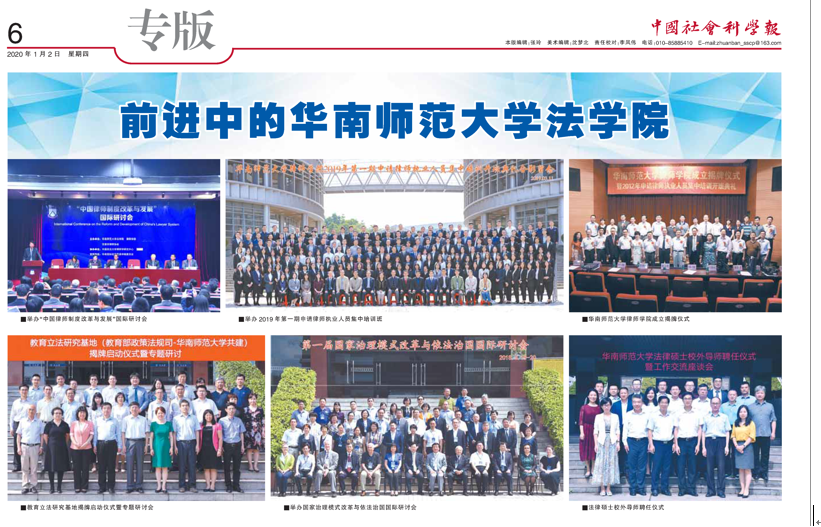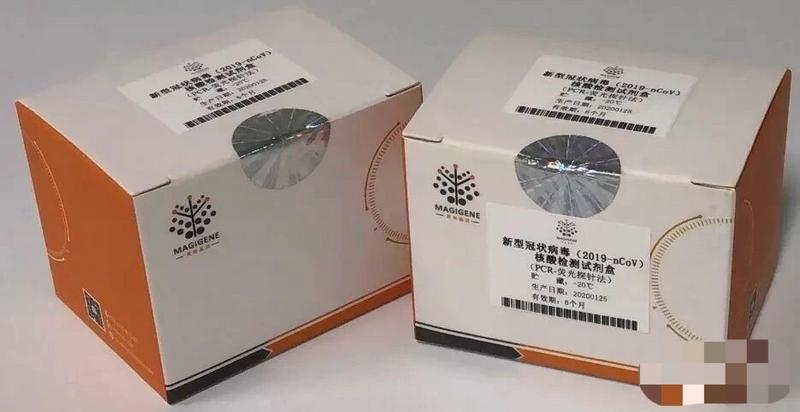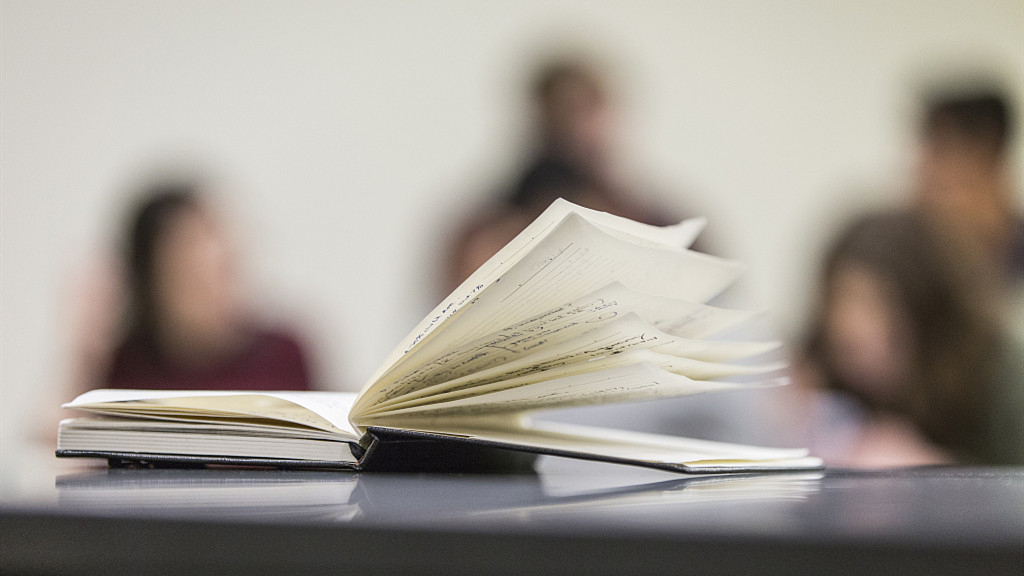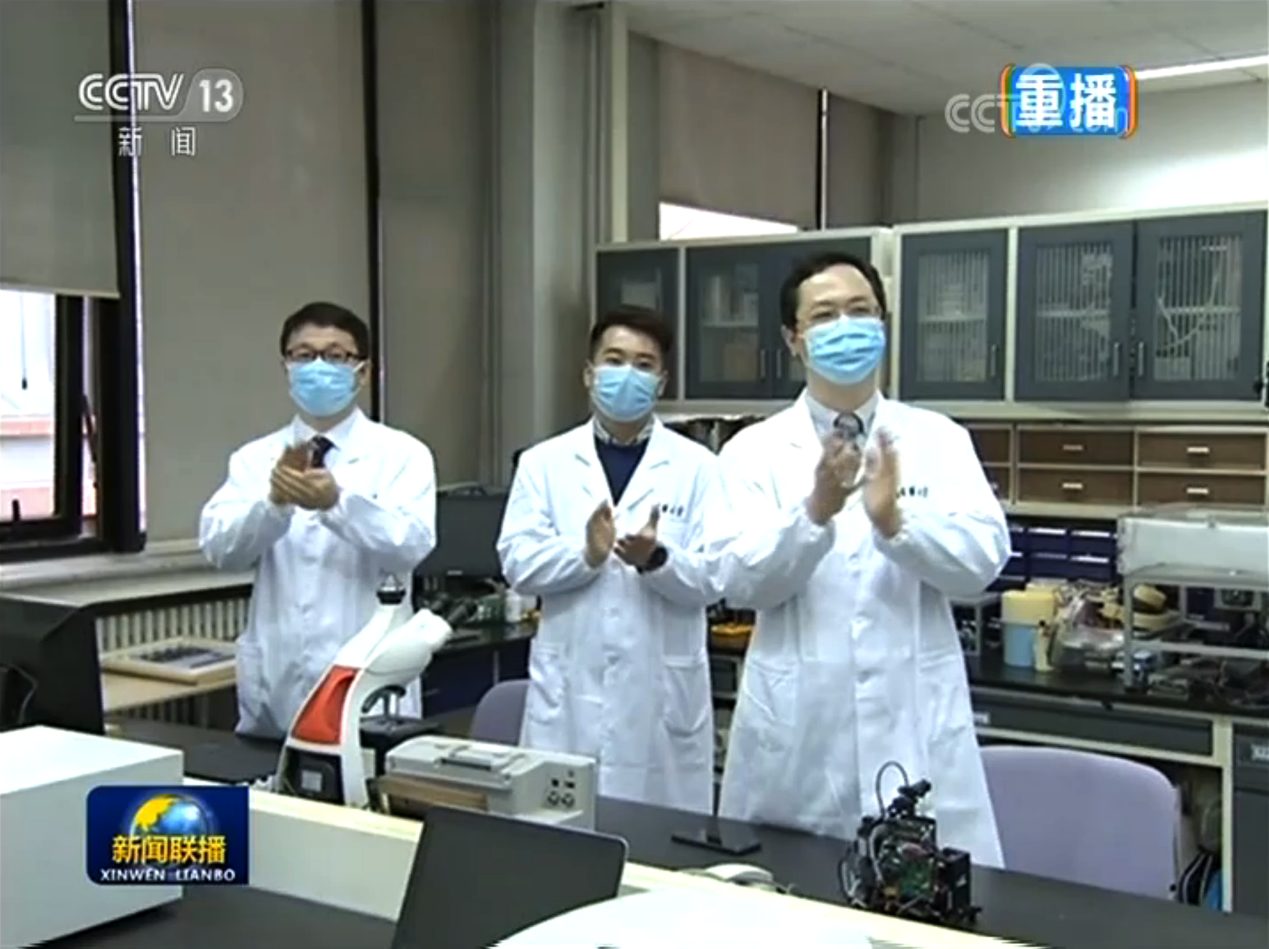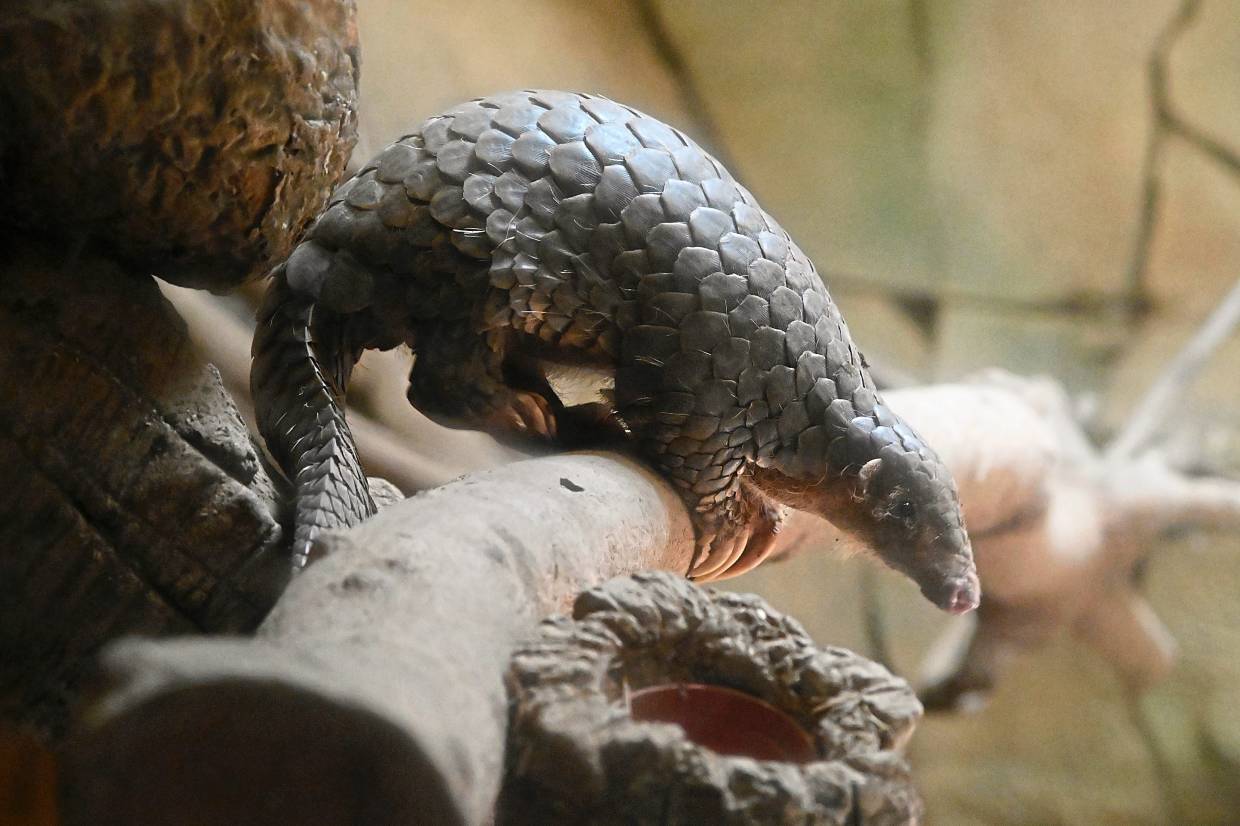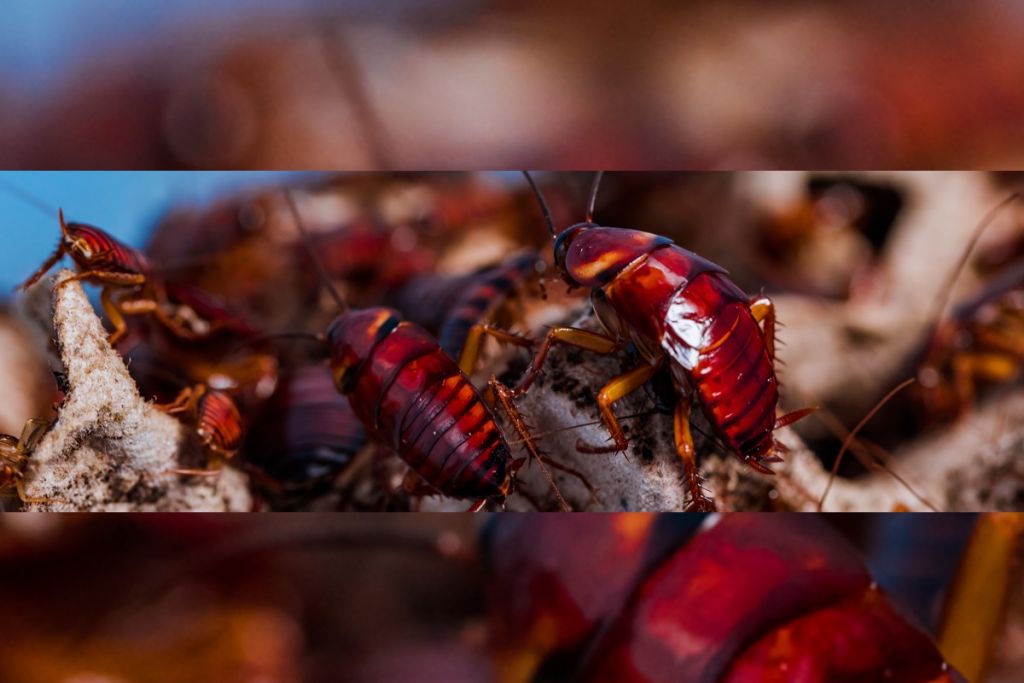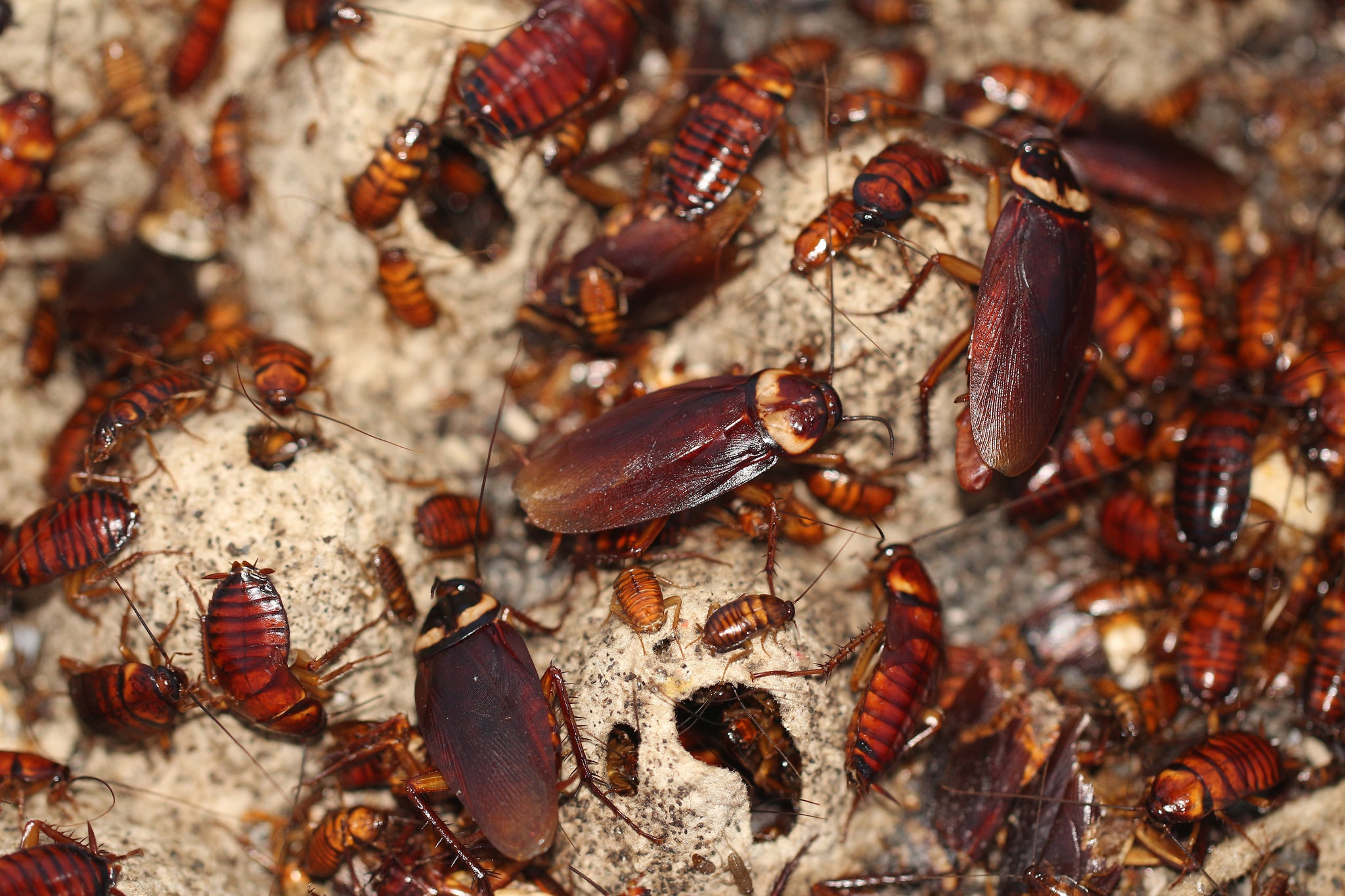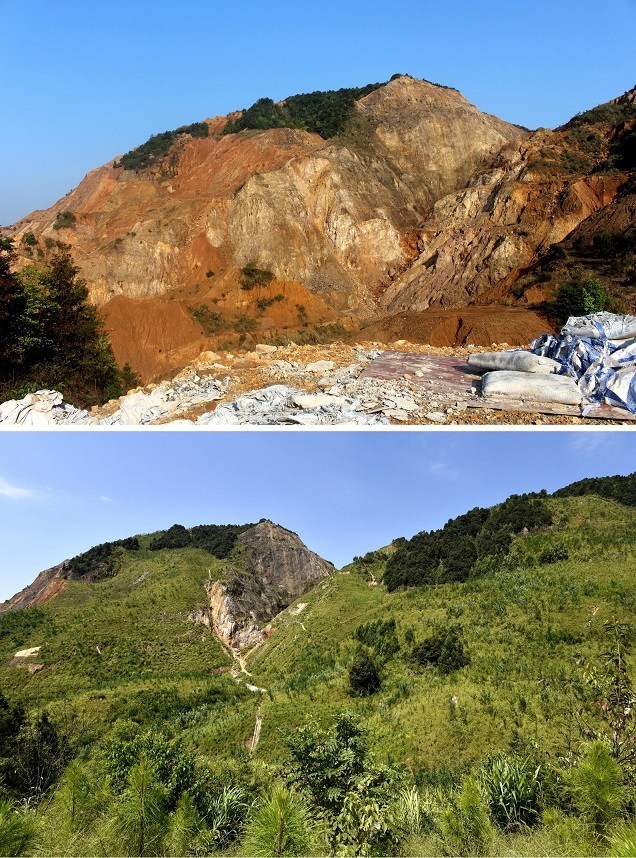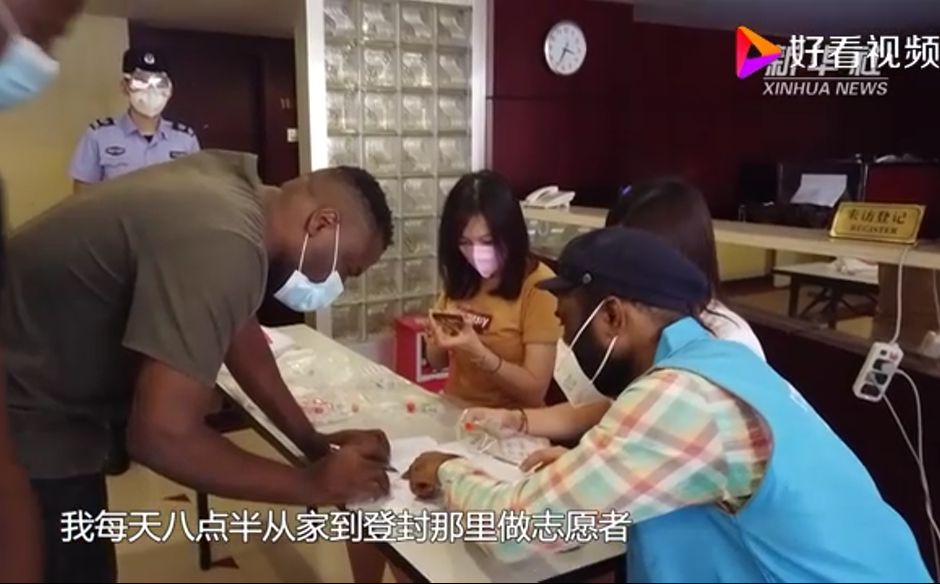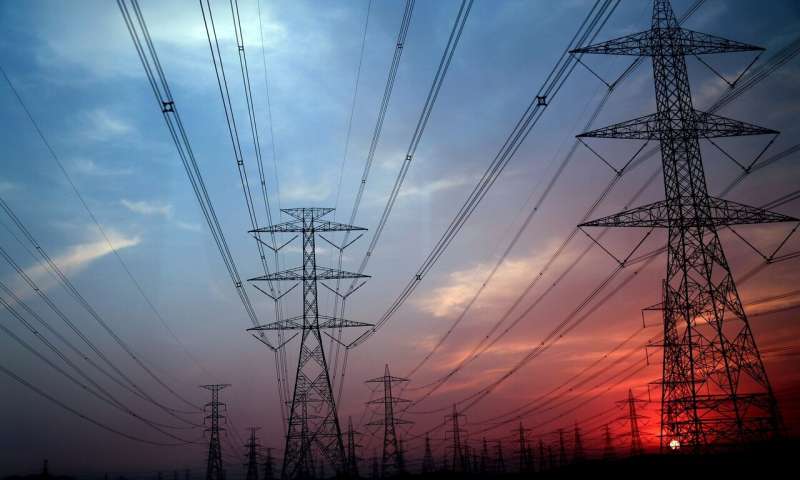
Likes
Scientists of South China Normal University and the University of Twente designed an electrical generator that can harvest energy from impacting droplets and other sources of mechanical energy. Their paper recently appeared in Advanced Materials.

Credit: Pixabay/CC0 Public Domain
Global warming is an increasing threat, demanding renewable energy sources. Running water in the form of rain droplets is a ubiquitous source of mechanical energy that can be converted into electrical energy. Earlier attempts to harvest this energy were either limited in efficiency or in stability, or required external voltage.
Generating a current
The electrical generator can be explained as being a permanently charged capacitor, also known as an electret. The researchers injected charges into an insulating layer of this capacitor by employing a novel charging method based on electrowetting—the modification of the ability of liquids to maintain contact with a solid surface with an electric field. An electrical current is generated upon impact of a droplet when the induced counter-charges on the capacitor are redistributed.
Increasing the current
The magnitude of this current is governed by the number of injected charges. By using composite samples with a high strength they were able to increase the number of injected charges significantly. Smart design of the electrodes allowed the charge redistribution in their generator to occur most efficiently. The researchers managed to convert 11.8% of the mechanical energy of an impacting droplet into electrical energy, which is a significant improvement compared to the efficiency of similar devices. Furthermore, they demonstrated that the energy harvesting efficiency does not degrade after 100 days, requiring only a single 15 minute charging cycle before long-term application.
Applications
Their approach is not limited to droplet-based energy harvesting. Niels Mendel, one of the authors says: "Our method can also be considered for other applications where mechanical energy needs to be converted into electrical energy, for example in wearables, from tidal waves, or for sensing." More research is needed to design a generator that can harvest energy from rain efficiently enough.
The paper is titled "Charge Trapping-Based Electricity Generator (CTEG): An Ultrarobust and High Efficiency Nanogenerator for Energy Harvesting from Water Droplets," and has been published in Advanced Materials on the 6th of July.
A second paper by the same team that focuses on the physical principles of the energy harvesting process is titled "Energy harvesting from drops impacting onto charged surfaces" and is about to appear in Physical Review Letters.
Source: https://phys.org/news/2020-07-harvesting-energy-droplets.html
What to read next:

